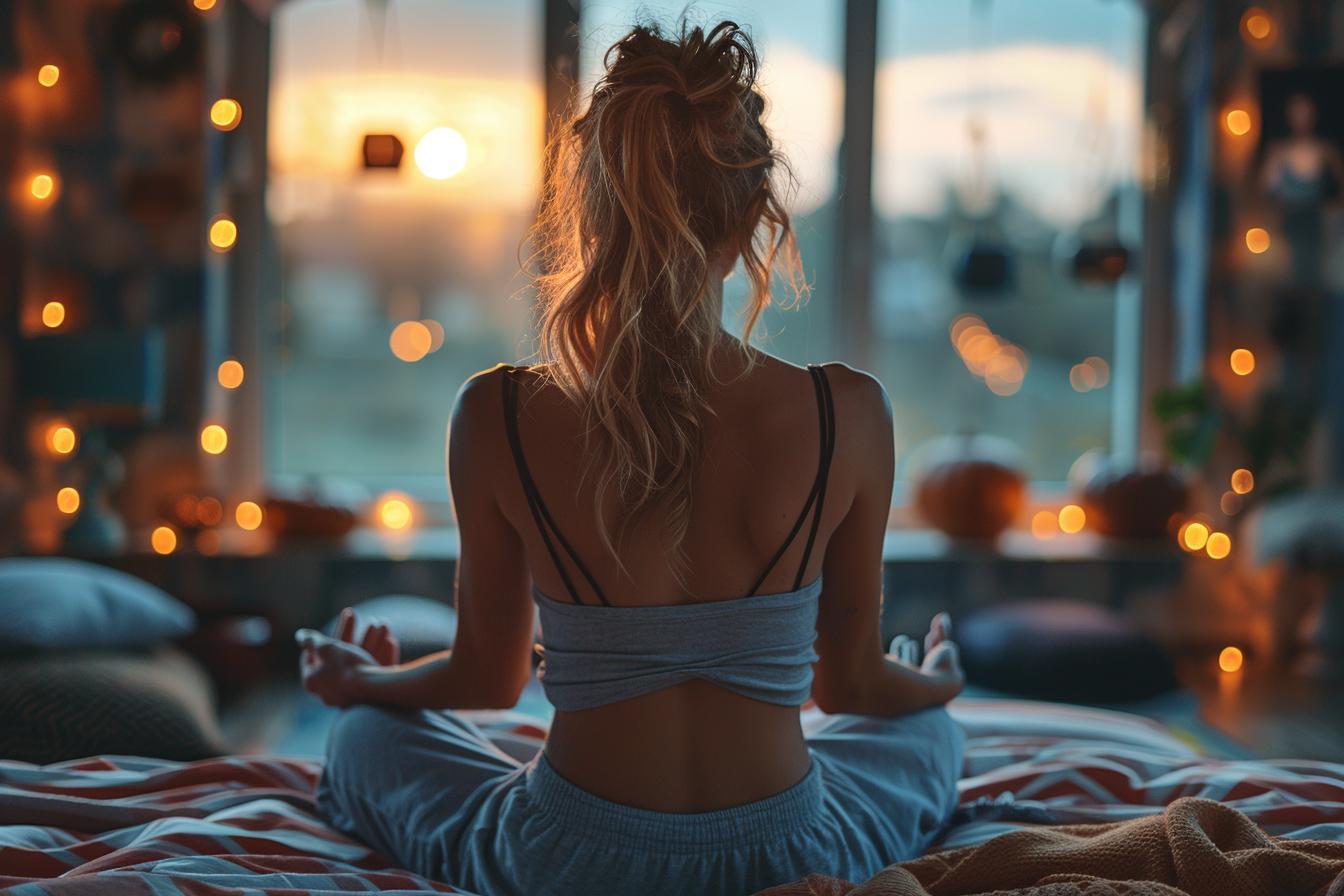We spend about a third of our lives sleeping, but for many, finding the path to dreams is far from a walk in the park. If you’re one of those people who counts sheep unsuccessfully, science may have found the key to helping you fall asleep faster. In this article, discover a tip, supported by research, which could well transform your nights and lead you serenely into the arms of Morpheus.
The science behind sleep disorders
Sleep disorders can have a considerable impact on our daily lives, ranging from persistent fatigue to reduced concentration. Specific studies highlight various factors that disrupt our nighttime rest, such as stress, the environment, and even our diet. Science, always looking for solutions, is seriously looking into methods to improve our sleep.
The trick revealed: an approach supported by studies
Well, the key to the mystery lies in an unexpected method: progressive muscle relaxation technique. It was highlighted by researchers who observed that by consciously relaxing each muscle group, we prepare the body and mind for a smooth transition to falling asleep. This technique does not require any special equipment and can be practiced comfortably in bed.
Steps to integrate the method into your nighttime routine
To incorporate this tip into your routine, start by lying down and breathing deeply. Then, focus on each part of your body, starting with your toes and gradually moving up to your shoulders and head, contracting and then releasing each muscle for a few seconds. The idea is to move through your body being fully aware of each step of the process, which also promotes mindfulness.
Secondary benefits of this practice
In addition to helping you fall asleep, this muscle relaxation technique has other benefits. It reduces anxiety, reduces physical tension and can even relieve chronic pain. In addition, it encourages the establishment of a bedtime routine, a key point for impeccable sleep hygiene.
The importance of regularity and perseverance
The effectiveness of this technique relies largely on the regularity and perseverance. Integrating it daily into your nightly ritual guarantees better results in the long term. As with any exercise, training is crucial: the more you practice, the more effective the technique will be and the quicker the benefits will appear.
Other additional tips to improve sleep quality
In addition to this tip, it is important to follow a few other tips to optimize the quality of your sleep. Maintain a regular sleep schedule, avoid exposure to screens before bed, and create a peaceful sleep environment. A balanced diet and limiting naps during the day can also work in your favor.
Testimonials and feedback
Users of the progressive relaxation technique have shared their experiences, often confirming a noticeable improvement in their sleep. Some emphasize a
ease of falling asleep faster while others note an improvement in the quality of their sleep. The testimonials emphasize the value of this practice and encourage skeptics to try it.
Precautions and Warnings
However, it is worth mentioning that this technique may not be suitable for everyone. Individuals suffering from serious sleep disorders should consult a specialist before engaging in any independent practice. In addition, you should be patient and not expect immediate results, as any change in habit takes time to be integrated.
In summary, the progressive muscle relaxation technique emerges as a powerful ally to combat problems falling asleep. Backed by science, easy to incorporate into your routine, and with secondary benefits, it deserves to be in your arsenal of strategies for restful sleep. Remember, consistency is the key to success, and these small steps might just lead to a good night’s sleep.

